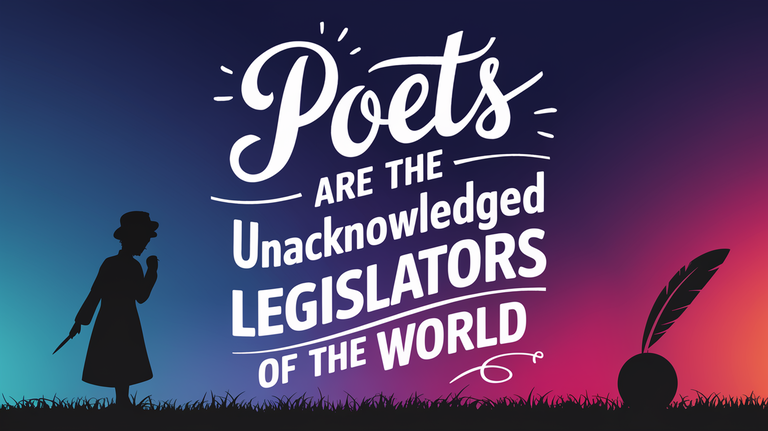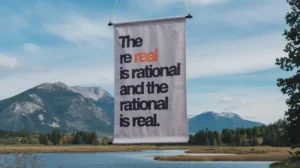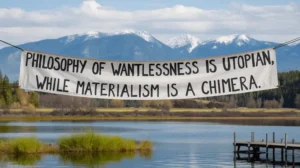The statement that “poets are the unacknowledged legislators of the world” by Percy Bysshe Shelley presents a powerful idea. It suggests that poets, though often overlooked, have a significant influence on shaping society. Through their words, they reflect emotions, ideals, and the deeper truths of human existence. While politicians create laws and policies, poets inspire change in thought and spirit, which can be even more transformative over time.
In this essay, we will explore how poets, through their creative expressions, influence society’s moral, social, and political consciousness. We will also examine how their works shape our cultural values and, in turn, drive change in ways that are often unnoticed but deeply impactful.
Poets as Moral Guides
One of the most significant roles poets play is as moral guides for society. Through their words, poets often raise questions about right and wrong. They explore themes such as justice, love, freedom, and compassion. Poetry, unlike legislation, can touch the soul and make people reflect on their behavior, leading to moral awakening.
For instance, Rabindranath Tagore’s poetry inspired many during the Indian independence movement. His poems did not issue direct commands, but they evoked a sense of pride, love for the country, and the desire for freedom. This emotional connection is far more profound than any law or policy. It stirred people’s hearts and gave them strength to fight for what they believed in.
Similarly, poets like Pablo Neruda wrote about social justice, human suffering, and equality. Through his poetry, he spoke about the struggles of the common man and expressed ideas of freedom and dignity. His works gave voice to those who were oppressed, subtly shaping the values of society towards empathy and justice.
Poetry as a Reflection of Society
Poetry is often a mirror of society, reflecting the times in which it is written. Poets observe the world around them and write about its truths—both beautiful and harsh. In doing so, they become chroniclers of history. They capture the emotions, struggles, and triumphs of their times, preserving them for future generations.
For example, the works of the Romantic poets like William Wordsworth and John Keats reflected a growing disillusionment with industrialization and the destruction of nature. Their poems mourned the loss of innocence and the disconnect from nature, urging people to reconnect with the world around them. Although they did not create environmental policies, their influence can be seen in the rise of environmental awareness in later years.
Poets like Langston Hughes, during the Harlem Renaissance, captured the experience of African Americans during a time of racial segregation. His poems resonated with the pain, frustration, and hope of a people fighting for equality. By reflecting the African American experience, Hughes and other poets became unacknowledged legislators, shifting the social consciousness towards civil rights.
Poets as Agents of Change
While politicians write laws, poets write ideas that can change minds. Change begins not with policies but with a shift in perspective. Poets help cultivate this shift by challenging the status quo and introducing new ways of thinking. Often, their influence works subtly, over time, as their words sink into the collective consciousness.
Take the poetry of Maya Angelou, who wrote about race, identity, and gender. Her famous poem, “Still I Rise,” is a declaration of resilience and pride in the face of oppression. Angelou’s work has empowered generations of women and people of color, helping shape conversations around equality, justice, and human dignity. Her words have done more to change hearts and minds than many laws ever could.
Similarly, during the civil rights movement in the United States, poets like Amiri Baraka used their poetry to push for social and political change. They didn’t have the power to create legislation, but their words ignited a movement. They inspired activism and gave people the courage to stand up against oppression.
Cultural Shapers: Poets and National Identity
Poets also play a significant role in shaping national identity and cultural values. The values that a society holds dear are often reflected and reinforced in its poetry. In some cases, poets can help redefine what a nation stands for through their words.
In India, for example, poets like Subramania Bharati and Sarojini Naidu were instrumental in defining the nation’s identity during the struggle for independence. Bharati’s poems spoke of a free and united India, while Naidu’s verses celebrated the strength and beauty of Indian culture. Their works helped build a sense of unity and pride in Indian identity, which was crucial during the fight for freedom.
In a similar way, poets in other countries have contributed to the shaping of national identity. W.B. Yeats, an Irish poet, helped define Irish nationalism through his poetry. His works spoke of Ireland’s cultural heritage and its fight for independence. Though not a legislator in the political sense, his influence on Irish identity was profound.
Emotional Impact vs. Legal Enforcement
One of the reasons poets are such powerful yet unacknowledged legislators is because they operate on a level that laws and policies cannot touch—emotion. Legislation can enforce behavior, but poetry changes hearts. This emotional connection is what makes poetry so influential, though often overlooked.
While laws deal with the practicalities of governance, poetry touches on the emotional and psychological well-being of people. It can provide solace during times of grief, hope during moments of despair, and inspiration during struggles. Poets like Rumi have influenced people’s spiritual lives, offering wisdom that has transcended centuries.
Unlike laws, which can be revised or repealed, the emotional impact of a poem can last for generations. A single line from a poem can resonate with someone, shaping their beliefs, their identity, and their actions.
The Subtle Power of Words
One of the reasons poets are “unacknowledged” as legislators is because their power is subtle. A law is enforced by governments, but a poem works quietly. It enters the mind of the reader, plants a seed, and over time, that seed grows into a new idea or perspective. Poets are often not seen as having direct power because they do not hold office or make laws. However, their influence is long-lasting and far-reaching.
For example, poets like Walt Whitman celebrated democracy and individuality in their works. Though Whitman never held a political position, his ideas about freedom, equality, and human dignity have shaped American thought for over a century. His influence is woven into the cultural fabric of the nation, influencing how people think about liberty and human rights.
Poets and Revolution
Historically, poets have been at the forefront of revolutions, not as warriors but as thinkers. In times of political upheaval, poets give voice to the aspirations of the people. Their works often become rallying cries for movements seeking freedom and justice.
During the French Revolution, poets like Victor Hugo wrote about liberty and justice, capturing the spirit of revolution in their words. Similarly, during the Russian Revolution, poets like Vladimir Mayakovsky used their art to inspire a new vision for society. These poets did not draft constitutions or make political speeches, but their works influenced the direction of these revolutions, shaping the new order that emerged.
Read More: Forests are the Best Case Studies for Economic Excellence
Conclusion
In conclusion, poets may not draft laws or policies, but their influence on society is undeniable. They shape the moral, social, and political consciousness of their time. Through their words, they inspire change, challenge the status quo, and give voice to the voiceless. Poets are the unacknowledged legislators of the world because their influence is subtle yet profound. Their works endure, shaping minds and hearts long after laws have changed or been forgotten. The power of poetry lies in its ability to connect with the human spirit, and through that connection, poets help to legislate the values, ideas, and ideals of the world.







